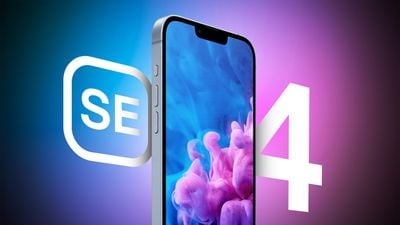Apple is expected to launch a fourth-generation iPhone SE early next year with an OLED display for the first time, marking the completion of Apple’s adoption of OLED technology across all iPhone models.
According to Nikkei Asia, the move away from LCD displays will exclude two longstanding Japanese panel makers, Japan Display (JDI) and Sharp, from Apple’s iPhone supply chain.
In 2017, Apple introduced OLED screens with the iPhone X. Since then, OLED displays have replaced LCD screens in Apple’s high-end iPhone models. This shift has significantly impacted LCD suppliers. In 2015, JDI and Sharp provided about 200 million LCD panels yearly for iPhones.
However, by 2023, this number had decreased dramatically to around 20 million. Recently, Apple’s gradual adoption of OLED has seen both Japanese LCD makers supply for just iPhone SE models.
JDI currently only supplies small OLED displays for devices such as the Apple Watch. JDI is now focusing on revamping its business strategy around LCDs for automotive applications, while Sharp is scaling back its LCD business, which was primarily for TVs.
Meanwhile, Apple has reportedly begun placing orders for OLED displays for the upcoming iPhone SE from China’s BOE Technology Group and South Korea’s LG Display.
The fourth-generation iPhone SE is rumored to feature an iPhone 14-like design, Face ID instead of Touch ID, a USB-C port, an Action button, an Apple-designed 5G modem, an A18 processor, and an all-screen look that does away with the Home Button. The device’s display is expected to grow in size from 4.7 inches to 6.06 inches, and internal RAM is likely to be 8GB, up from 4GB in the 2022 model, due to the hardware requirements of Apple Intelligence.
Apple suppliers are expected to begin ramping up mass production of the device in October of this year. The device could be released ahead of the Lunar New Year in January 2025. However, all three existing iPhone SE models were announced in March over the years, so a March 2025 release seems possible too.




